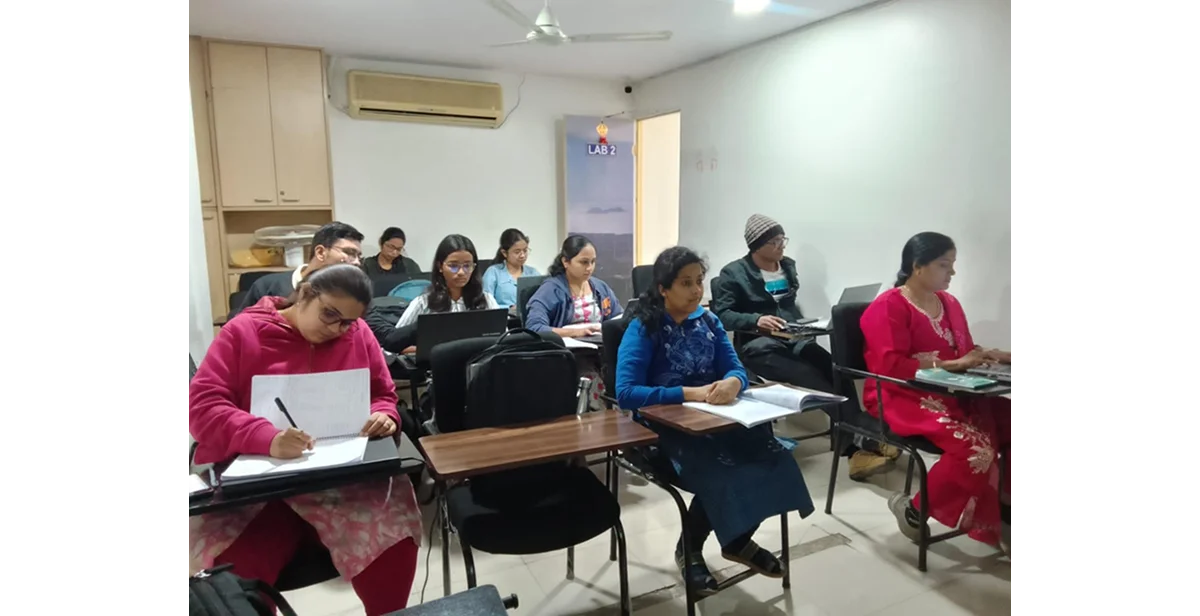Provident Fund Lapses: Why PF is Critical and the Impact of SpiceJet’s Delays — Insights from Megha Singh Nandiwal
New Delhi, October 8, 2024 – In an exclusive conversation Megha delves into the recent controversy surrounding SpiceJet and highlights why the Provident Fund (PF) is essential for employees’ financial security. She also explains the serious implications of the airline’s failure to deposit over ₹65.7 crore in PF contributions, affecting over 10,000 employees. Megha’s insights shed light on how such lapses can undermine both legal obligations and employee trust and most importantly employee rights at the workplace.
The Importance of Provident Fund (PF)
Megha began by explaining the critical role that PF plays in securing the financial future of employees. “The Provident Fund is not just a statutory requirement; it is an employee’s retirement safety net. Contributions made during an employee’s working years grow steadily and help them plan for a comfortable retirement. Both the employee and the employer contribute to the fund, ensuring that the employee builds a significant corpus over time,”
She went on to highlight the various benefits PF offers, stating, “The PF serves multiple purposes. It provides retirement security, helps in emergency situations such as medical crises or home purchases through partial withdrawals, and offers tax benefits. Contributions to PF are tax-deductible, and the interest earned is tax-free if withdrawn after a specified period, making it one of the most employee-friendly savings instruments.”
SpiceJet’s PF Lapses: What Went Wrong?
When asked about the ongoing SpiceJet issue, Megha expressed concern over the airline’s financial management. “The situation with SpiceJet is alarming. The company deducted 12% of employees’ salaries for PF contributions between June 2022 and July 2024 but failed to deposit this amount with the Employees’ Provident Fund Organisation (EPFO) within the legally required 15-day window. This delay is a serious breach of legal and moral obligations,” she explained. One very important element highlighted by Megha was “The PF is a tax-free element when withdrawn under the correct conditions, and contributions made by both the employer and employee are eligible for tax deductions under Section 80C of the Income Tax Act,” Megha explained. “However, if the employer fails to deposit these contributions with the Employees’ Provident Fund Organisation (EPFO) on time, it can lead to discrepancies in the employees’ Income Tax Returns (ITRs).”
The FIR filed by the Delhi Police’s Economic Offences Wing (EOW) names several top executives, including Managing Director Ajay Singh, Shiwani Singh (Director), and Anurag Bhargava (Independent Director), for cheating and criminal conspiracy. Megha elaborated on the legal framework, saying, “Under the EPF Act, employers act as trustees of their employees’ PF contributions. Failure to transfer these funds within the stipulated timeframe is not just a legal violation but also a breach of trust. Employees count on these funds for their future security, and such lapses can have devastating consequences.”
Implications for Affected Employees
Megha emphasized that the employees affected by this delay may face significant challenges, especially when attempting to withdraw their PF savings. “If PF contributions aren’t deposited on time, it disrupts the financial system that employees rely on. Employees who try to withdraw their PF may find that the funds are not available when needed. This can be catastrophic in times of personal emergencies, such as medical situations or sudden financial needs,” she warned.
Further explaining the impact, she said, “For employees nearing retirement, this issue could mean a delay in receiving funds that they had counted on for their post-retirement life. Additionally, interest on their PF contributions would be lower than expected since the funds were not deposited and therefore did not accrue interest for the delayed period.”
SpiceJet’s Attempt to Rectify the Situation
Megha acknowledged that SpiceJet has taken steps to address the issue. On October 4, the airline announced it had cleared 10 months’ worth of PF dues after raising ₹3,000 crore through a Qualified Institutional Placement (QIP). They also claimed to have settled outstanding salary arrears and GST obligations.
“While it’s positive that SpiceJet is now making efforts to rectify the situation, the damage to employee trust and the company’s reputation has already been done. Employees expect their employers to safeguard their financial interests, and any delay in PF payments jeopardizes this trust. The company will have to work hard to regain credibility among its workforce,” Megha added.
Conclusion: The Need for Accountability
In her closing remarks, Megha stressed the importance of timely PF deposits and employer accountability. “PF is a vital component of an employee’s financial plan, and mishandling it, as we’ve seen in this case, can lead to serious financial and legal consequences. Companies must ensure they meet their statutory obligations on time to protect the financial well-being of their employees. In this case, SpiceJet’s mismanagement has impacted thousands of workers, and it serves as a reminder of the responsibilities employers bear,” she concluded.
The ongoing situation with SpiceJet underscores the critical need for transparency and accountability when it comes to managing employee benefits. Employees across sectors now look to regulatory bodies and employers alike to ensure their financial futures remain secure. Megha Singh Nandiwal serves as the National Vice President of the Human Rights Protection Commission and has dedicated over 13 years to advocating for employee rights within the corporate law sector. Her extensive experience and commitment to employee advocacy have made her a prominent voice in ensuring fair treatment and accountability in the workplace.



